Sleep Science School Archive
The Sleep Science School is an ESRS initiative aimed at gathering early career sleep scientists around different fundamental topics, allowing them to gain knowledge, share their work and experience, meet experienced researchers, develop opportunities and create novel networks of excellence.
This is usually held at the CNRS Villa Clythia site in the city of Frejus at the Mediterranean Sea (South France), every 2 years (since 2017), with a maximum of 40 participants.
Each edition of the school features lectures on topics related to the main topic from internationally renowned sleep experts, and considers both animal and human research. Additionally, participants engage in interactive workshop sessions aimed at writing research grants and proposals. They also get the opportunity to present their own research. These activities encourage in-depth exchanges and discussion between young and experienced researchers.
Importantly, faculty members will be present during the entire week, participate in the group activities, and be available for theoretical and practical discussions with early career researchers.
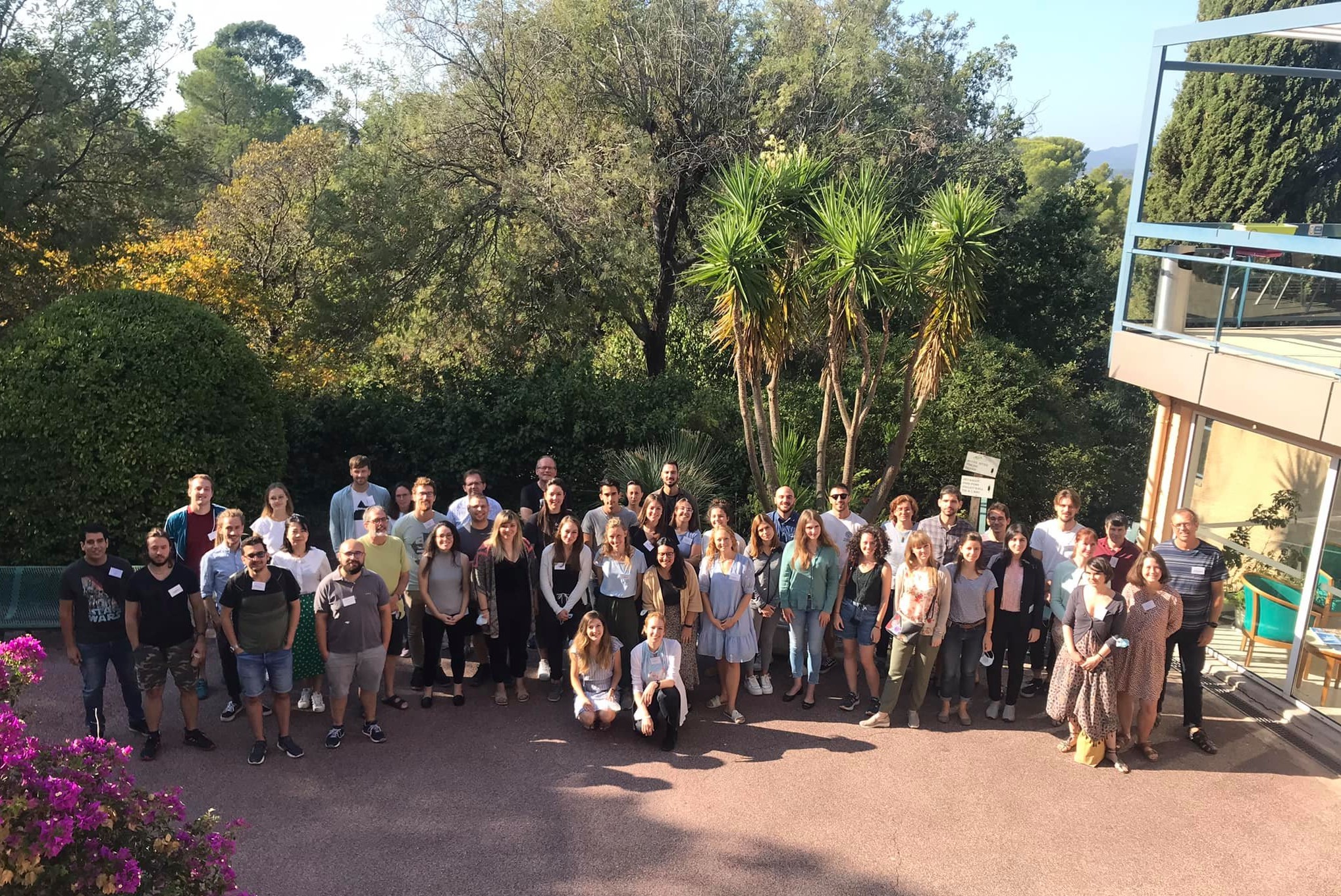
The Functions of Sleep (2021)
The third edition of the ESRS Sleep Science School was focused on “The Functions of Sleep”, and was held again at the CNRS Villa Clythia site in the city of Frejus at the Mediterranean Sea (South France), from 26 September – 1 October 2021.
ESRS members Philippe Peigneux, Pierre-Hervé Luppi and Tom de Boer coordinated this 3rd edition.
Sleep, glymphatic system and detoxification – Iben Lundgaard (SE)
Human sleep and memory consolidation – Monika Schonauer (DE)
Neural mechanisms of memory consolidation during sleep: animal studies – Gabrielle Girardeau (FR)
Sleep and synaptic phosphorylation – Maria Robles (DE)
Energy conservation, thermoregulation, and adenosine functions – Tom DeBoer (NL)
The function of REM sleep from birth to adulthood – Pierrre-Hervé Luppi (FR)
The mechanisms and functions of sleep homeostasis – Vladyslav Vyazovskiy (UK)
Links and dissociations between sleep, fatigue, sleepiness and cognitive functioning – Philippe Peigneux (BE)
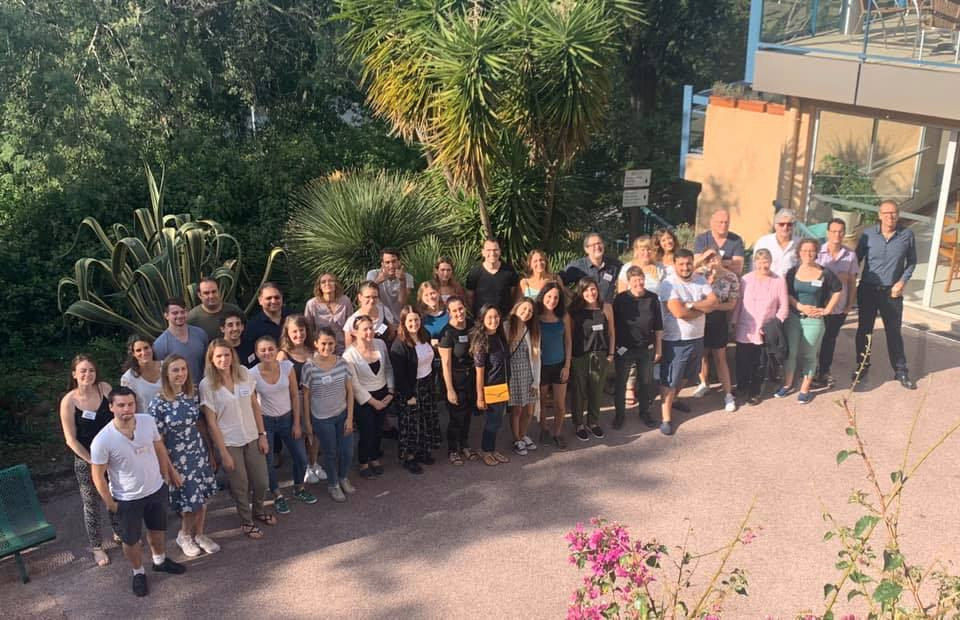

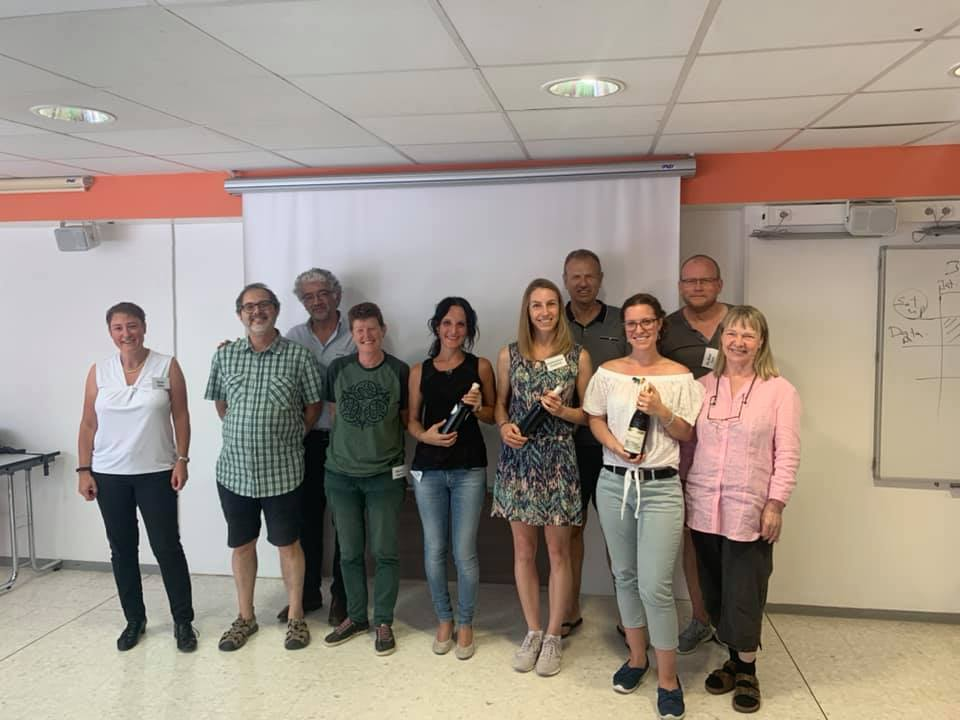
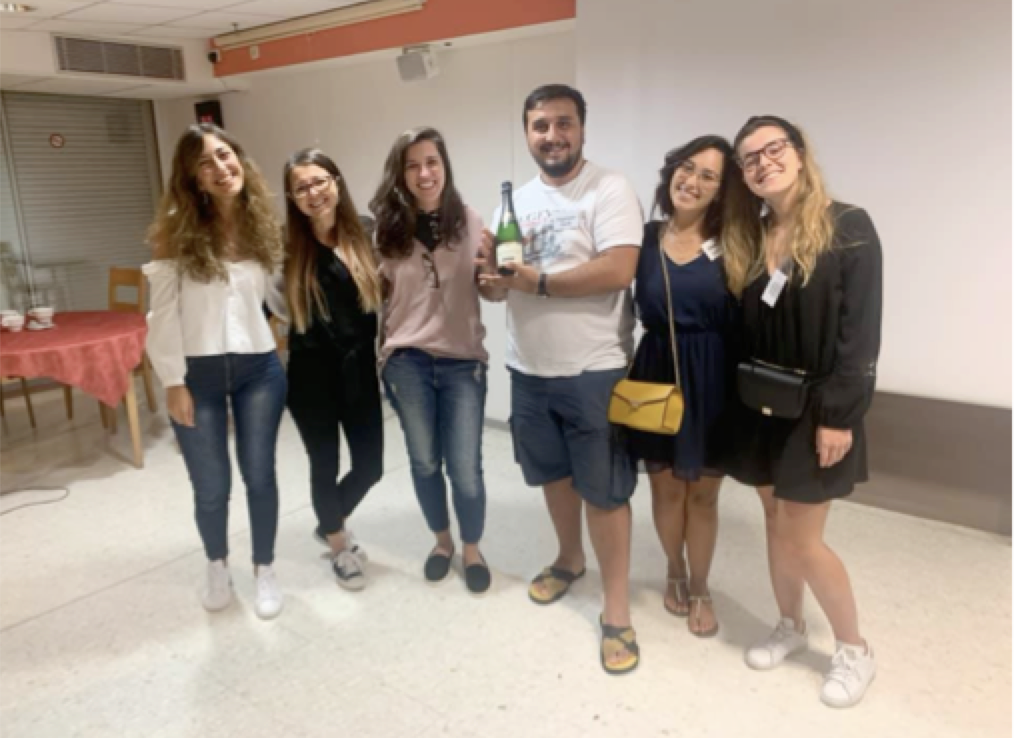
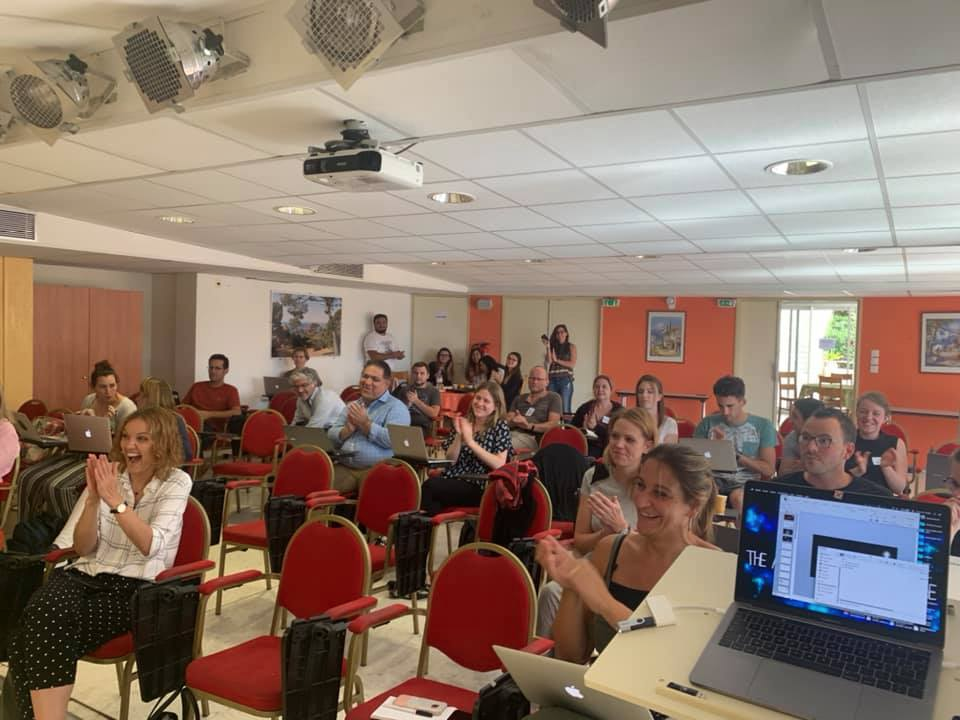
Sleep and Aging (2019)
The second edition of the ESRS Sleep Science School focused on “Sleep and Aging”, with fundamental and translational perspectives, and was held again at the Villa Clythia in the city of Frejus at the Mediterranean Sea (South France), from 29 September – 4 October 2019.
ESRS members Philippe Peigneux, Pierre-Herve Luppi, Lino Nobili and Tom de Boer coordinated this 2nd edition.
Journal of Sleep Research Virtual Issue (2019): Sleep & Aging
Age-related changes in sleep and circadian physiology from the animal perspective – Tom de Boer (NL)
Age-related changes in circadian factors and light interventions both in healthy and pathological human aging – Debra Skene (UK)
Pitfalls and opportunities in the study sleep and ageing (debate) – Philippe Peigneux (BE)
Sleep phenotyping of the animal models of neurodegenerative diseases – Pierrre-Hervé Luppi (FR)
Sleep in ageing and neurological and psychiatric disorders – Lino Nobili (IT)
Hormonal changes and genetics in ageing and sleep – Tarja Porkka-Heiskanen (FI)
Age- and sleep-related changes in brain plasticity and brain architecture in relation with cognition – Julie Carrier (CA)
The role of adipose tissue inflammation in OSA: Evidence from translational studies – Silke Ryan (IE)
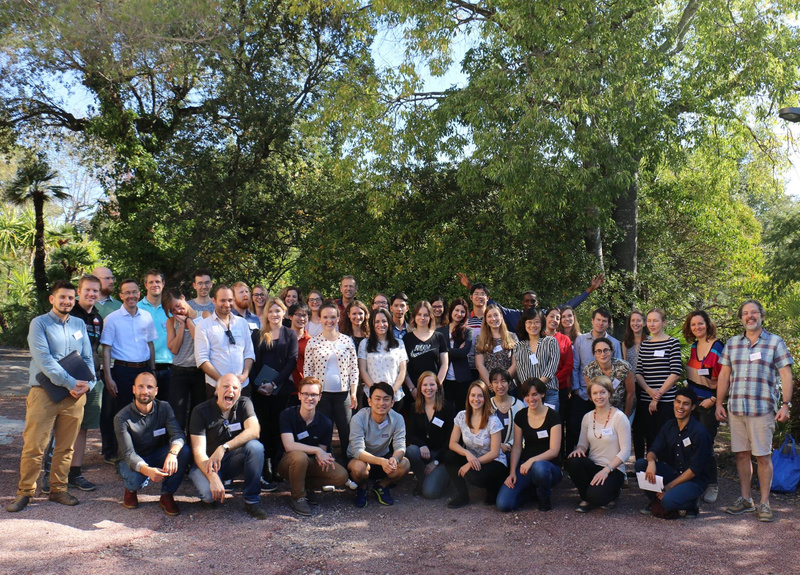
Neural Networks in Sleep (2017)
The focus of the first edition of the ESRS Sleep Science School was “Neural Networks in Sleep”. It was held in Frejus, a city located on the Mediterranean sea (South France), 16 – 21 October 2017.
ESRS board members Pierre-Hervé Luppi and Philippe Peigneux coordinated this edition.
Can we model the neural networks of sleep? – Alain Destexhe
Local and global dynamics of sleep regulation: focus on the use of advanced electrophysiological methods – Vladyslav Vyazovskiy (United Kingdom)
Mechanisms and functions of thalamo-cortical activities: “in vitro” versus “in vivo” approaches – Anita Lüthi (Switzerland)
Sleep EEG fingerprints, biomarkers and the genetics underlying (human) sleep phenotypes – Hans-Peter Landolt (Switzerland)
A review and critic of the new genetic methods applied to the study of sleep networks – Patricia Bonnavion
Which animal models and methods to study paradoxical sleep functions, genesis and pathologies? – Pierre-Hervé Luppi (France)
fMRI/EEG advantages and pitfalls to study brain networks in sleep and their significance – Victor Spoormaker
Can we identify the neural networks subtending sleep-learning and sleep-dependent memory consolidation mechanisms in human? – Philippe Peigneux (Belgium)


